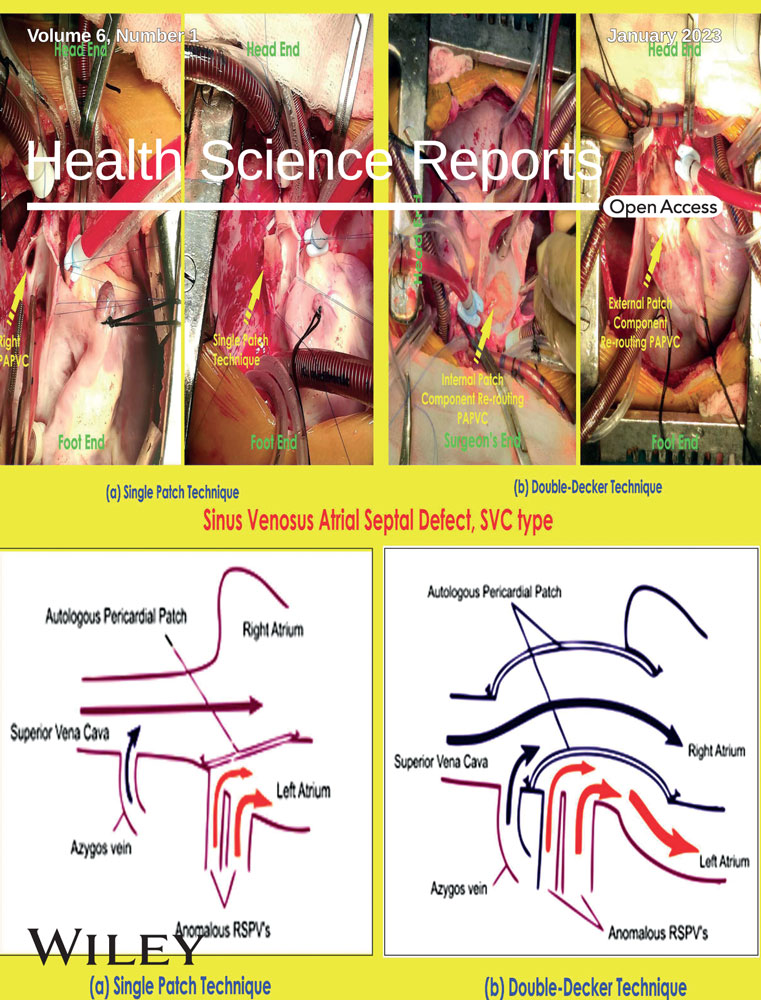The Cardiff Self-Injury Inventory (English version): Convergent validity and psychometric properties
Abstract
Background and Aims
The Cardiff Self-Injury Inventory (CSII) is a short (1 min), relatively nonintrusive, measure of previous self-injury behaviors written in English. It measures self-injury with suicidal intent and without such intent, covers actions versus thoughts, and has two time periods (lifetime vs recent [defined as the last 3 months]). The study aimed to examine its psychometric properties and its relationship to more well-established measures.
Methods
A UK community sample of 184 participants completed the CSII and two other measures of self-harming (Deliberate Self-Harm Inventory [DSHI] and Suicidal Behaviors Questionnaire–Revised [SBQ-R]) in March 2020–May 2020. Fifty participants also repeated these measurements 1–2 weeks later.
Results
The CSII showed strong psychometric properties with internal reliability of 0.87 and a test–retest of 0.82. The subscales also showed strong psychometric properties. The CSII showed strong concurrent validity to the other measures of self-injury (SBQ-R, r = 0.70; DSHI, r = 0.81). A factor analysis supported the idea that there are two distinct components to the overall CSII score arising due to the distinction between suicidal and nonsuicidal behaviors.
Conclusion
The CSII has good psychometric properties in this population and can be used as a fast, nonintrusive, measure of different self-injurious behaviors for clinical or research purposes.
CONFLICT OF INTEREST
R. J. S. is the author of the Cardiff Self-Injury Inventory but does not make any profit from its distribution. The remaining authors declare no conflict of interest.
Open Research
DATA AVAILABILITY STATEMENT
The data that support the findings of this study are available from the corresponding author upon reasonable request.




